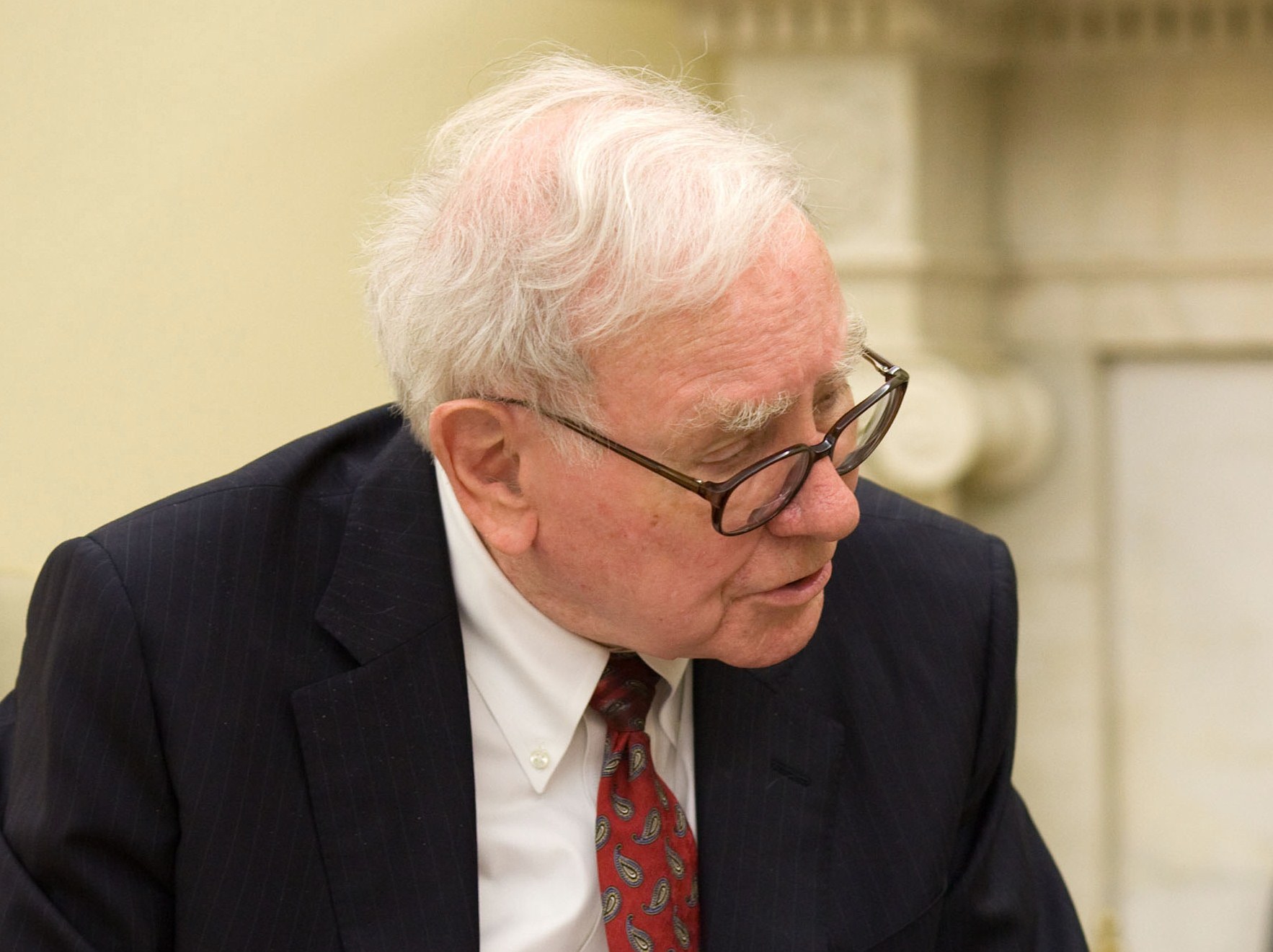Berkshire Hathaway Inc. (NYSE: BRK-A) has released its annual letter, showing that earnings and book value rose in 2014 over 2013. While there are many points to evaluate on earnings, Warren Buffett himself has told shareholders for years now to evaluate the company based on its book value performance rather than its actual earnings report.
24/7 Wall St. has given a very brief earnings synopsis, but the reality is that what investors should care about are the hidden gems that come out in this annual communication. We have identified the seven most important lessons we think shareholders with a long-term focus on this company should lock into memory.
On annual earnings, the operating earnings rose to $16.551 billion in 2014 from $15.139 billion in 2013. The operating earnings per share attributable to the A-share class of common stock rose to $10,071 in 2014, versus $9,211 per share in 2013. The big kicker was that Berkshire Hathaway’s book value per common A-share rose to $146,186 in 2014, which represents a gain of 8.3% from the $134,973 book value per share at the end of 2013. This compares to a closing price on Friday of $221,180 and a 2014 year-end share price of $226,000.
So, what are the hidden gems and top seven points we see that Buffett has for long-term investors in his 50th annual letter to shareholders?
Who Succeeds Buffett as CEO?
First and foremost, no successor is being named, though Buffett did directly say that the right person to be heir to the company’s throne as chief executive has been found. Buffett said that board and he both believe they have the right person to succeed him as CEO. This successor is said to be a ready to assume the job the day after Buffett dies or steps down.
The 84-year-old tycoon also said that, in certain important respects, this person will do a better job than he is doing at running the Berkshire Hathaway empire now. Buffett’s son Howard has been set as the likely chairman, but as a non-executive chairman. This leaves Ajit Jain and Greg Abel both in the running to succeed Buffett as CEO.
ALSO READ: Meet the 2015 Warren Buffett and Berkshire Hathaway Stocks
Dividends and Buybacks
A second long-term issue is that Berkshire Hathaway has been rigidly against paying a dividend to its shareholders. To date, all gains have been kept inside of the company, allowing unfettered growth over the past 50 years, without investors having to pay taxes on capital gains (if they held this long) and without having to pay taxes on dividends. Still, Buffett did signal that a dividend might be paid — maybe in 10 to 20 years. Buffett also left the door open to more flexibility in time to repurchase more of its own common stock.
Buffett’s Big Four Stocks
The third issue is the concentration of Buffett’s top holdings in his stock portfolio. The top four stocks are American Express Co. (NYSE: AXP), Coca-Cola Co. (NYSE: KO), International Business Machines Corp. (NYSE: IBM) and Wells Fargo & Co. (NYSE: WFC). Buffett’s annual letter noted that he believes these should all experience substantial earnings per share growth over time. As a reminder, the full annual holdings showed that these four stocks account for over half of the more than $100 billion in stocks held by Berkshire Hathaway.
Conglomerates Rule!
A fourth issue is the structure of Berkshire Hathaway. Buffett said again that the corporate structure as a conglomerate makes sense. This has long been the case, despite the occasional review from outsiders that highlighted how Berkshire Hathaway might be freed to grow more as a group of independent entities. This structure allows Buffett and his team to move funds around inside the outfit to maintain strength, effectively without having to be taxed to do so — at least outside of taxes on net income. Buffett said he would not spin businesses off unless forced to by regulators.
ALSO READ: The Best (and Worst) States for Business
Mergers Will Continue
A fifth point of interest is that Buffett remains interested in acquisitions. The lesson reviewed is that Charlie Munger’s blueprint was not to buy fair businesses at wonderful prices — it was to buy wonderful businesses at fair prices. The target of late has been bolt-on acquisitions, with 31 outfits and operations being gobbled up last year, for a total of $7.8 billion, to supplement specific units inside the conglomerate structure. Buffett also promised to make many more of these bolt-on deals in future years. The company remains open to so-called whale acquisitions as well.
Forget Near-Term Views
Buffett is again asking shareholders to take a long-term view if they are going to invest in Berkshire Hathaway for solid returns. While the numbers have become too big to match the returns of the past 50 years, Buffett telegraphed that the huge cash pile will make it unlikely that Berkshire Hathaway will face much in the way of financial problems ahead.
From Portfolio Managers to Chairmen
And portfolio managers Todd Combs and Ted Weschler have been asked to take on oversight of at least one of the company’s businesses as chairmen. The aim is to help save Buffett himself some amount of work and to make “the two of them even better investors than they already are (which is to say among the best).”
ALSO READ: Why Warren Buffett Wants to Own the Credit Card Space
A last point, which is not as vital to investors, is that the number of Berkshire’s year-end employees, which is shown to include those at Heinz, rose by 9,754 to a record 340,499. However, Buffett still has only 25 people working at the headquarters.
In 20 Years, I Haven’t Seen A Cash Back Card This Good
After two decades of reviewing financial products I haven’t seen anything like this. Credit card companies are at war, handing out free rewards and benefits to win the best customers.
A good cash back card can be worth thousands of dollars a year in free money, not to mention other perks like travel, insurance, and access to fancy lounges.
Our top pick today pays up to 5% cash back, a $200 bonus on top, and $0 annual fee. Click here to apply before they stop offering rewards this generous.
Flywheel Publishing has partnered with CardRatings for our coverage of credit card products. Flywheel Publishing and CardRatings may receive a commission from card issuers.
Thank you for reading! Have some feedback for us?
Contact the 24/7 Wall St. editorial team.





